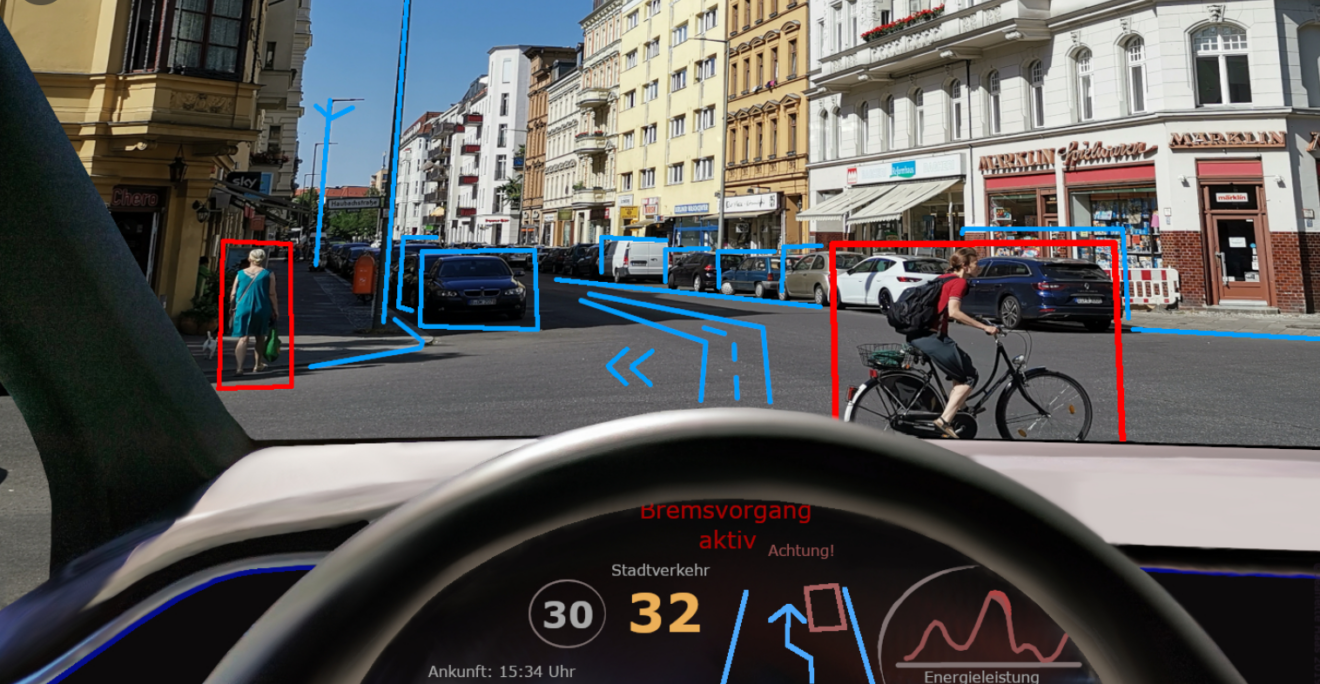Automated vehicles will save lives and improve efficiencies, but it will take a coordinated effort to gain widespread adoption, said speakers last week at the Automated Road Transportation Symposium 2021 hosted by the Transportation Research Board, a division of the National Academy of Sciences, Engineering and Medicine.
One of the most compelling arguments for automation is how they can improve road safety. About 1.3 million people die annually in roadway-related accidents around the world, and autonomous vehicle technology could prevent or mitigate many of those tragedies, said Robert Sumwalt, former chairman of the National Transportation Safety Board.
Automating long-haul trucks is a good place to start. Meera Joshi, deputy administrator for the Federal Motor Carrier Safety Administration, said long stretches of monotonous highway are perfect runways for them.
“Distracted driving, impaired driving, speeding, erratic driving. Theoretically, these can all be something of the past. Ninety-four percent of crashes are due to human error. In a world of large trucks, over 5,000 people die every year because they’re involved in a crash (with a) large truck. Over 800 of those victims are the drivers themselves,” Joshi said.
The FMCSA is a regulator of the nation’s trucking industry. Some speakers suggested that many regulations needed for autonomous vehicles are already in place. It’s the technology that has to catch up.
“Just because you can do something with technology doesn’t mean you necessarily should,” Sumwalt said, adding that it’s worth going over the technology again. “I’ve learned through many years of accident investigation (that) if something can be screwed up, it will be screwed up.”
Foolproof technology could help win the public acceptance of vehicle automation that is so critical to its successful adoption, but developing the tech alone won’t be enough to gain buy-in from drivers and passengers.
Data analytics and consumer intelligence company JD Powers surveyed Americans on their confidence in automated vehicles and found that those who reportedly knew something about AVs were more inclined to trust them. In another of the firm’s studies, the same was true of people who took a ride on an autonomous transport system piloted on the University of Michigan campus. Still, most of the surveyed riders only rode it once, mostly out of curiosity.
“When we develop these transportation solutions that are powered by automation, it still needs to cover the basics. It still needs to handle those basics for mobility and really come back to a solution that is useful for all,” said Kristin Kolodge, executive director of driver interaction and HMI at JD Power
The key then may be to educate the public on the autonomous nature of the system to gain initial riders, but then provide a service that is fast enough, has convenient routes and is well marketed.
Or the education could begin earlier, with information about the automated features already in modern cars, which create a great deal of confusion for drivers.
“So we have this — I can’t stress it enough — this desperate need to be able to do more to coach and train consumers, because if consumers don’t have … a proper understanding of these features, … it leaves us at risk for the features being turned off and therefore the safety and convenience, benefits not being realized,” Kolodge said.
And it could lead to low adoption levels for truly autonomous vehicles, in both private and public spaces.
